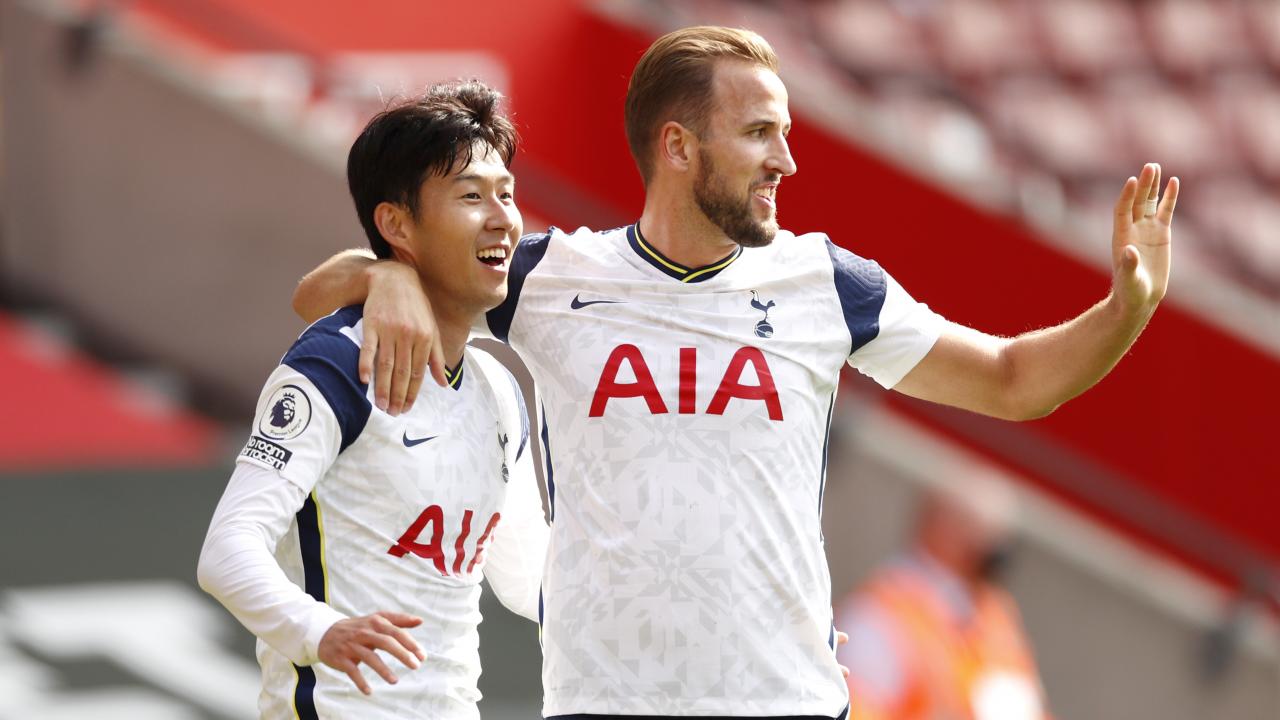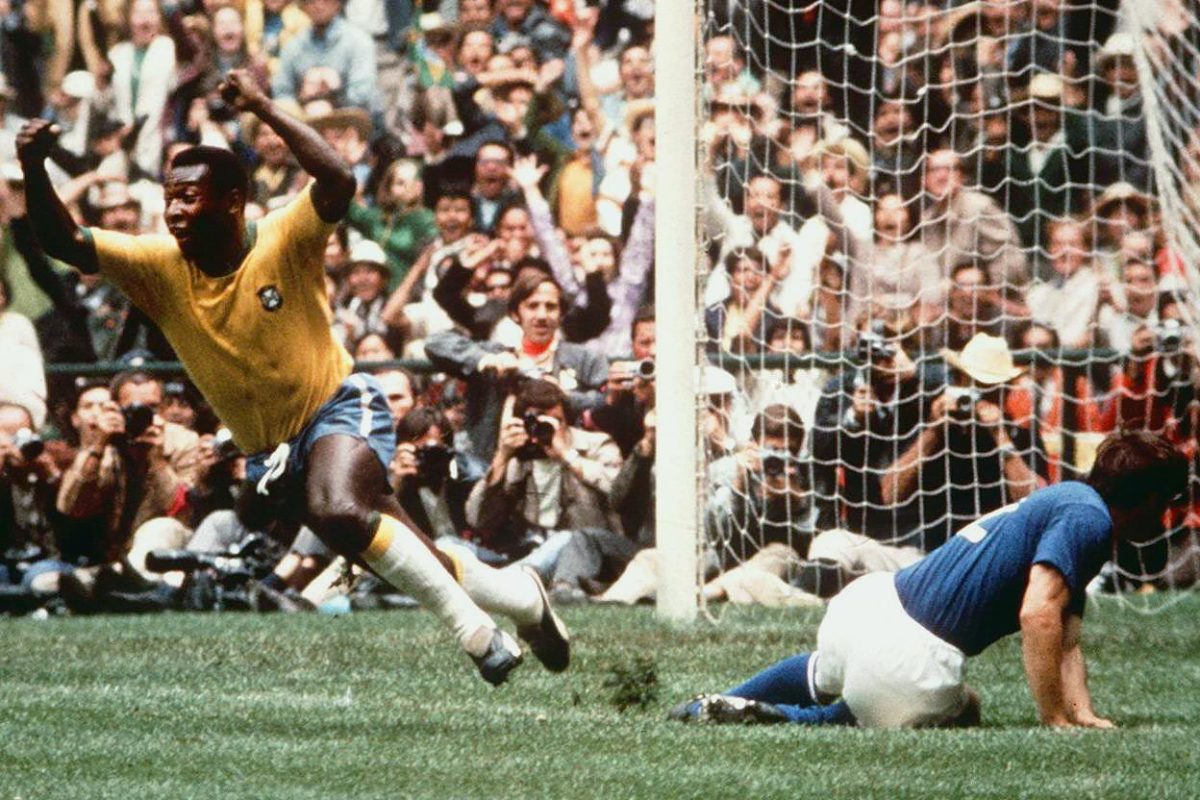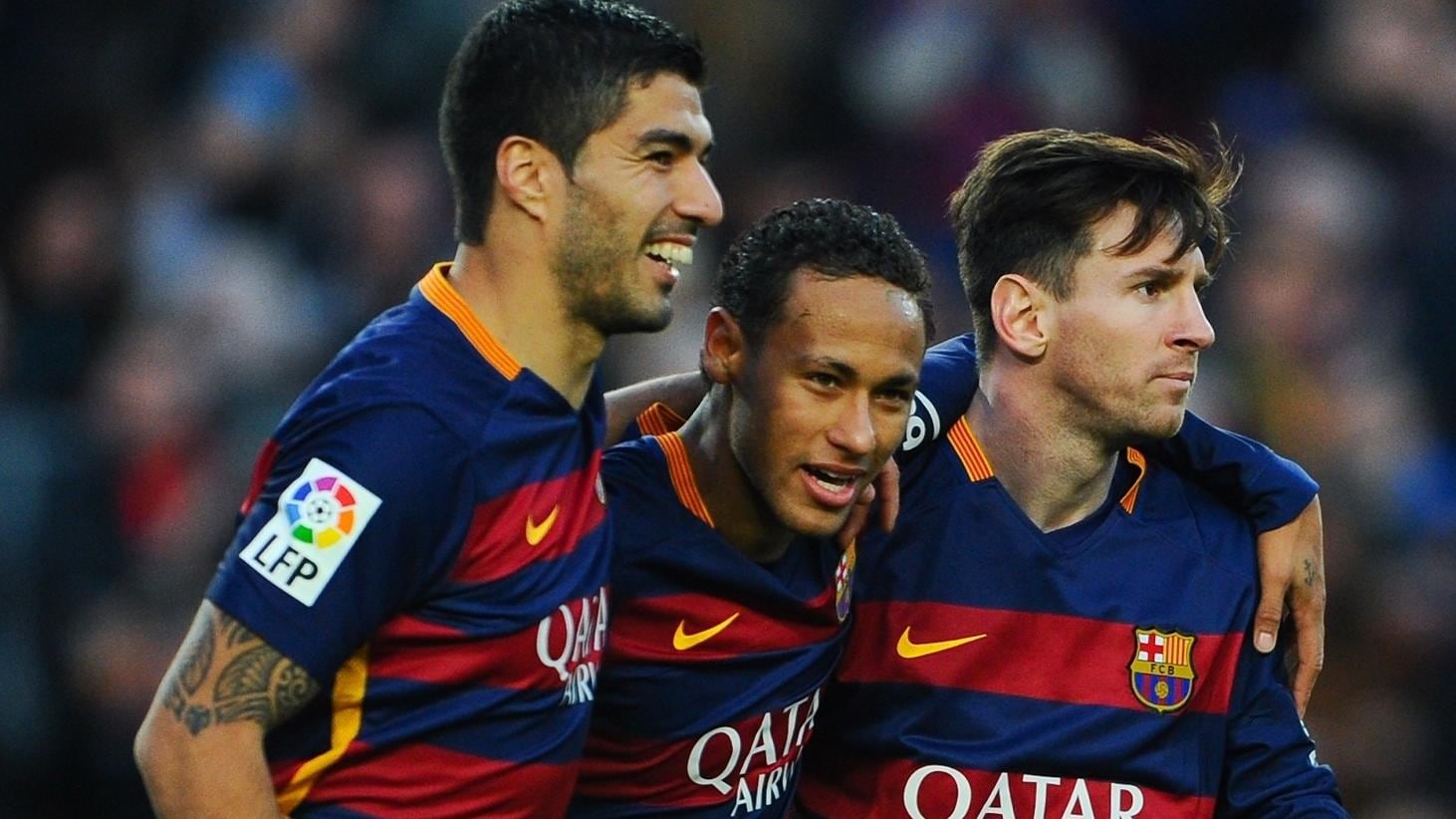Inverting The Pyramid
It’s about the search for perfection. We know it doesn’t exist, but it’s our obligation towards football and, maybe, towards humanity to strive towards it. That’s what we remember. That’s what special.

As a devoted football fan, particularly of top flight English football, I have developed my own convictions about the game’s ideal style of play. Having played as both a winger and a striker competitively throughout my childhood, I’ve always championed aggressive counter-attacking tactics and swift runs along the flanks. Despite my beliefs, I’ve found myself disheartened in recent years by the underperformance of my beloved Tottenham Hotspur, despite boasting the formidable duo of Harry Kane and Heung Min Son. In Inverting the Pyramid, Jonathan Wilson offers insights into why certain teams thrive while others falter, delving into the intricate history of the sport through the dual perspectives of a tactician and historian. Through his analysis, Wilson reveals the nuances of the game that exist beyond mere score lines, painting a vivid picture of football’s historical evolution.
As cliché as it may sound, football transcends sport, and Wilson portrays this aspect. It serves as a reflection of culture. The free-flowing, democratic style of play exhibited by Ajax coincided with Amsterdam’s status as the hippie capital of the world. Valeriy Lobonovskiy, the legendary coach of Dynamo Kiev, pioneered a scientific approach to the game, reflecting the technological advancements of the Soviet empire. The emergence of Italian catenaccio occurred during a period of national insecurity, with constant invasions shaping the country’s psyche. Just as society defended its nation and awaited opportunities to strike, the football played mirrored these sentiments and emotions.

The exploration of the differences among managers was somewhat lengthy, yet still intriguing. Some managers advocated for the perfect game as a 0-0 draw, while others favored constant pressure and high-scoring velocity. Pragmatists sought victory by any means necessary, while romantics and idealists envisioned a beautiful game regardless of the outcome. Throughout, managers endeavored to strike a balance between individual player brilliance and the cohesive team system.
The book concludes by examining Pep Guardiola’s reign at Barcelona, which spearheaded a new era in the game where traditional positions blur, ushering in a phase of position-less fluidity among top-tier teams. Wilson suggests that despite this groundbreaking evolution, teams will adapt as they always have, citing Bayern’s progression within the system. In the book’s closing passage, Wilson quotes former Milan manager Arrigo Sacchi, who asserts, “As long as humanity exists, something new in football tactics will come along. Otherwise, football dies.”

Overall Rating: 8/10
Post review thoughts: If this book was about anything other than football, I don’t think I would have finished it. Not sure I would recommend this to friends, but I would say that this is the best sports book I have read.
